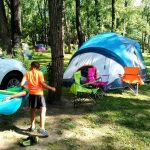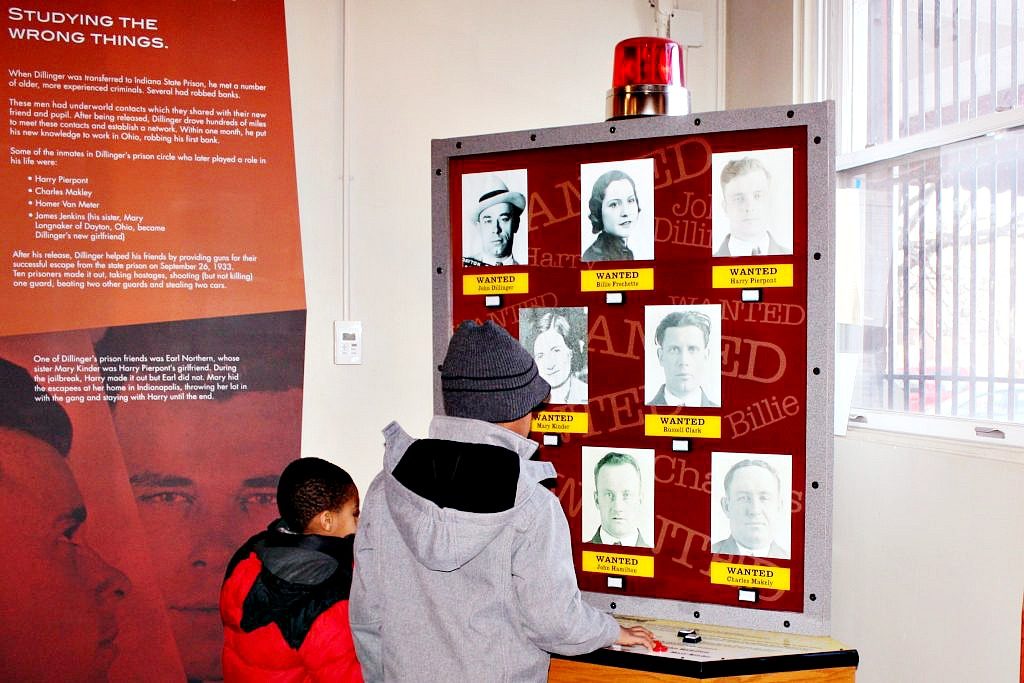
Roadschooling is more than an alternative to traditional education—it’s a lovely and enriching way of learning that immerses children in the world around them. As a family soon to embark upon a slow travel journey, roadschooling is essential. It provides a unique blend of academics and real-life experiences that spark curiosity and foster lifelong learning regardless of the age of your children.
By exploring historical sites, national parks, libraries, and museums, children, and families overall can engage with history, geography, science, and culture in hands-on ways that are far more impactful than reading from a textbook. Beyond academics, roadschooling nurtures adaptability, critical thinking, and a global perspective, making it a holistic approach to education.
How Do I Know This?
Throughout all of our travel adventures over the past 10 years, I have incorporated roadschooling – I just didn’t call it roadschooling until now. Back then, it was simply a way for me to make sure that my children were learning something new from each adventure that we embarked upon.
If you are looking to embark upon your own slow travel journey or spontaneous adventure, consider renting a car through Discover Cars using my affiliate link.
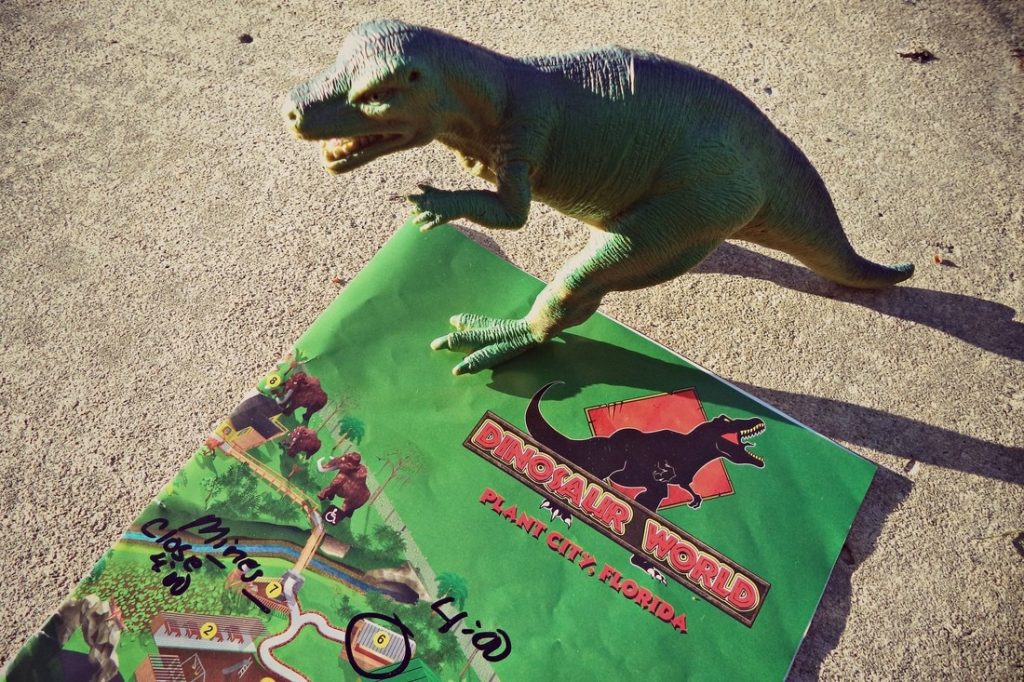
Dinosaur Roadschooling Example
A few of my favorite roadschooling adventures have incorporated dinosaurs. For example, an hour before arriving at Dinosaur World in Cave City, Kentucky I gave each of my boys a dinosaur activity book and a small toy dinosaur from the dollar store.
I encouraged them to prepare themselves with the activities as we approached the park and to find their dinosaur as we explored the outdoor theme park.
Adding a simple dinosaur activity book and toy dinosaur helped elevate their learning and comprehension and keep them engaged. It also saved me money in the gift shop because they no longer needed a toy dinosaur or activity book, they already had one! Couple this hack with a packed lunch and you truly have a budget-friendly travel adventure.
This is just one example of roadschooling, but there are many other ways to embrace this unique learning style. One of my personal favorites is participating in the free Junior Ranger programs offered by the National Park Service.
If you are looking for things to do for your slow travel journey or next adventure, check out Trip Advisor using my affiliate link, along with the reviews I have left.
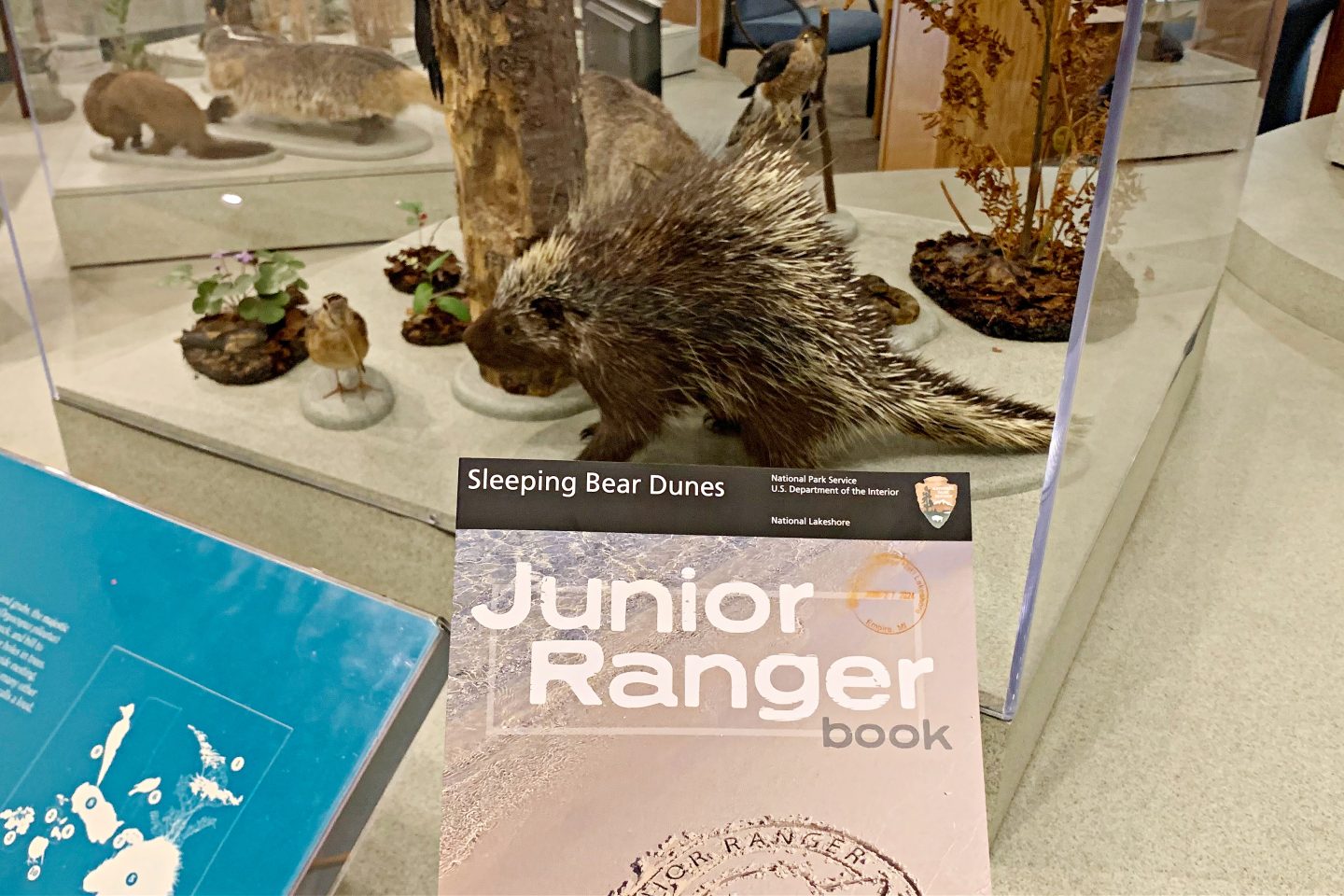



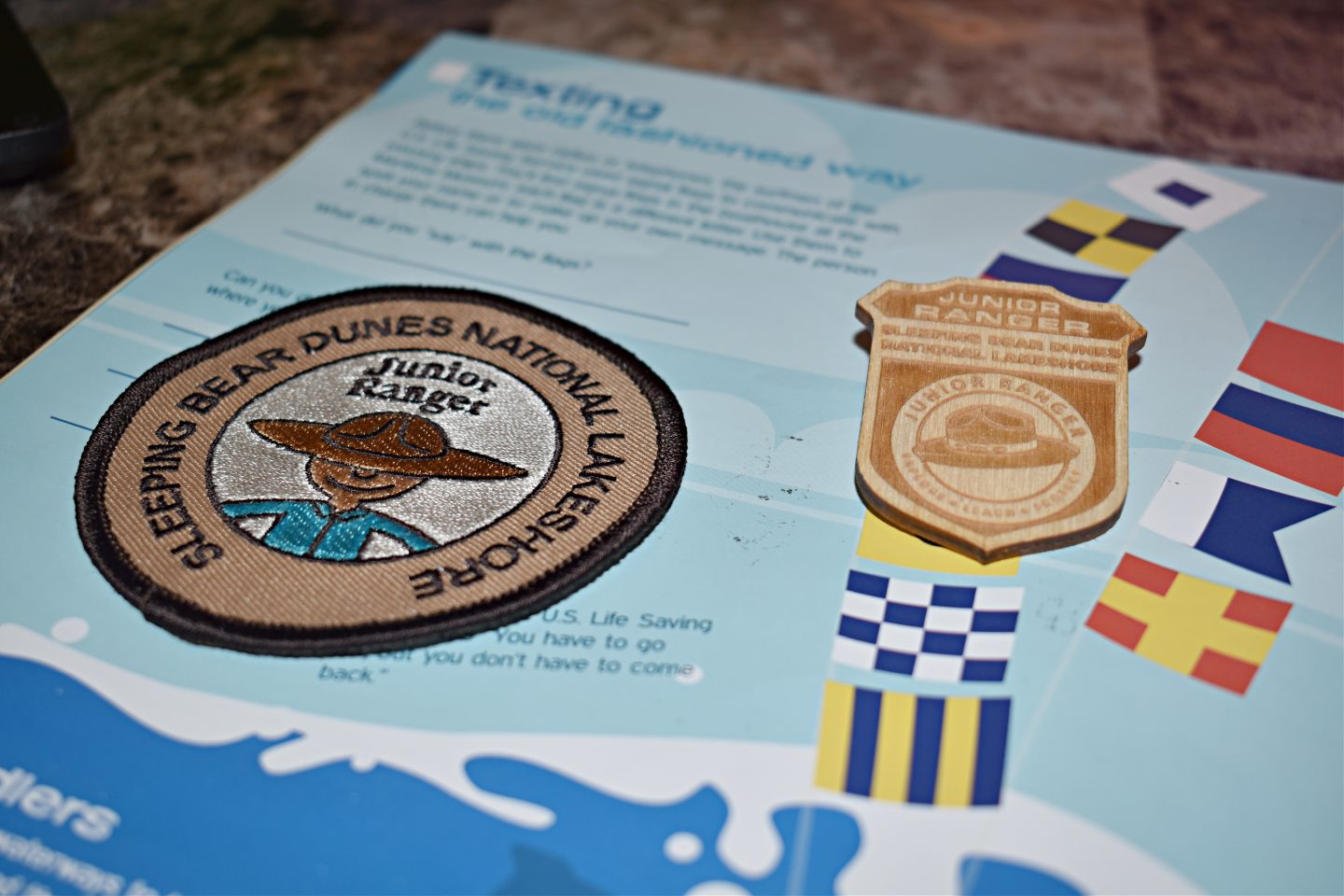
The Gift of Free Junior Ranger Programs
Junior Ranger programs provide children or children at heart with the opportunity to learn about nature, conservation, history, and wildlife through engaging activities tailored to their age.
With each park visit, children (or those participating) receive a Junior Ranger booklet filled with challenges such as scavenger hunts, puzzles, and guided observations. Once completed, they take an oath to protect and respect nature and are awarded a badge, patch, and/or certificate to commemorate their achievement.
This past year, we completed two Junior Ranger programs. The first one was primarily for my toddler daughter while we enjoyed a day trip to Indiana Dunes National Park. And, the second one was on my own at Sleeping Bear Dunes National Lakeshore in Michigan.
I can say with confidence that these mementos become treasured souvenirs and symbols of learning and exploration. But Junior Ranger programs aren’t limited to just the big-name parks. Many smaller national historic sites and monuments also offer these programs, providing an array of educational opportunities tailored to the unique features of each location.
Personal Tip: Several national parks offer virtual junior ranger programs, therefore it allows you to get a peek at the activity book before you arrive at the national park or site.
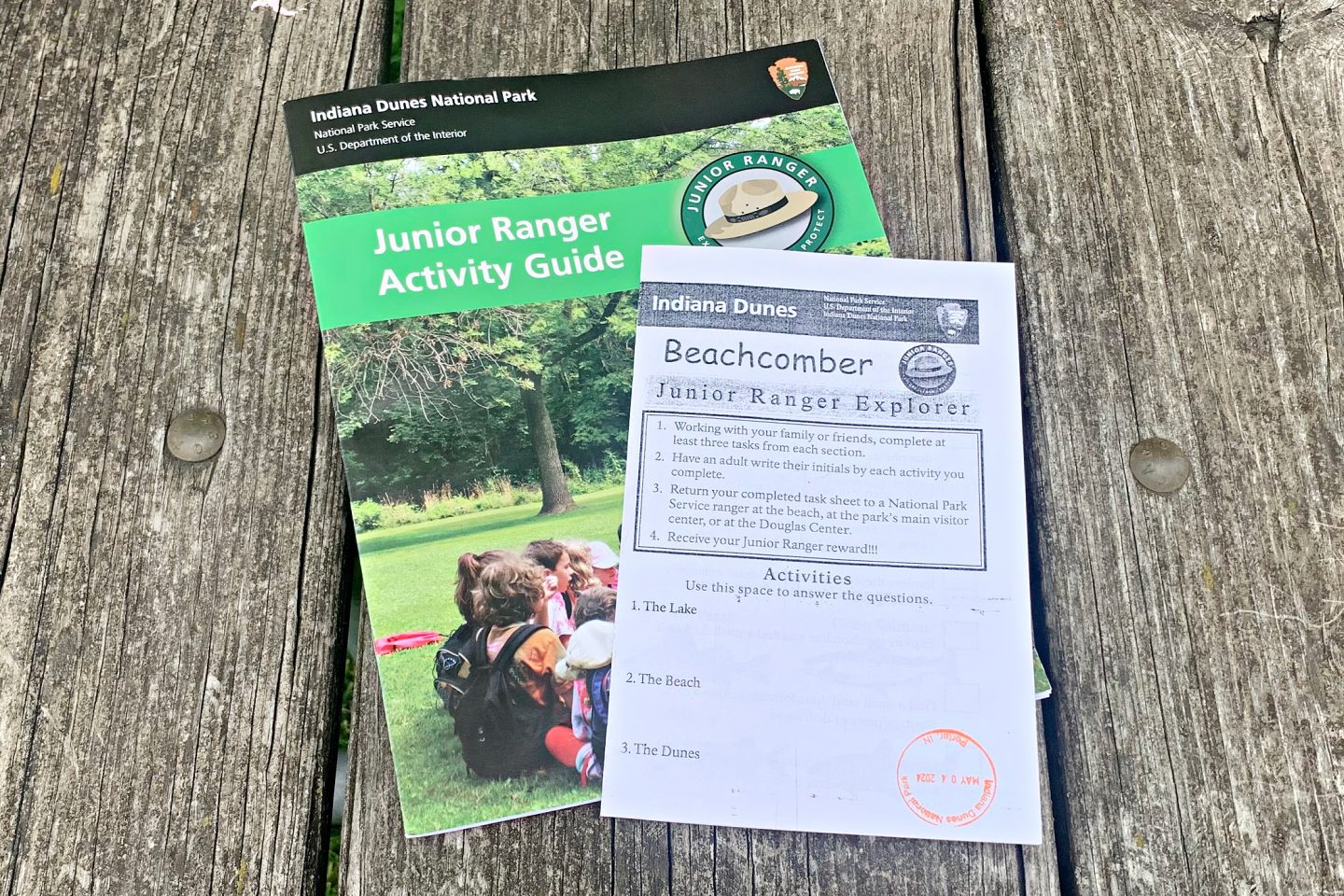
Libraries, Planetariums, Museums, and Aquariums: Hidden Gems for Roadschoolers
While national parks often take center stage, libraries, planetariums, museums, and aquariums can also play a vital role in your roadschooling journey. For example, libraries are not only great for borrowing books and accessing digital resources, but they also often host toddler storytimes, hands-on workshops, and local history exhibits.
Very similar are children’s museums and science centers which offer hands-on exhibits that make learning fun and interactive. From exploring STEM concepts to discovering cultural artifacts, these venues provide experiences that align with a roadschooling curriculum.
Simply check the local calendar of events or the direct website of the place that you are visiting to determine what programming is available during your travel dates.
Personal Tip: Many libraries and museums participate in reciprocal programs like the ASTC Travel Passport Program allowing discounted or free entry when you hold a membership from a participating institution.
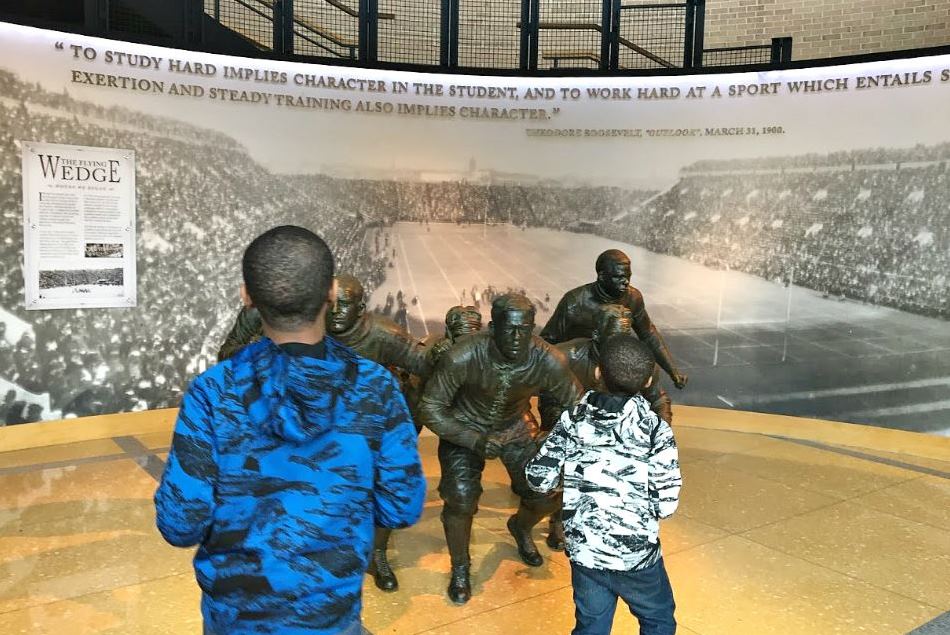
Connecting with Local Communities
Lastly, it’s important to incorporate connection. One of the greatest joys of roadschooling is the opportunity to connect with people along the way. Libraries, community centers, and local events such as the family kite festival in Michigan provide opportunities to meet other families and gain unique insights into each region’s culture and traditions.
Final Thoughts
In summary, roadschooling transforms everyday travel moments into teachable opportunities, whether you are choosing a Junior Ranger program or simple activities, like stopping at a roadside attraction or sampling local cuisine, all of these can open the door to fascinating conversations and learning about culture and history.
This post contains affiliate links.


